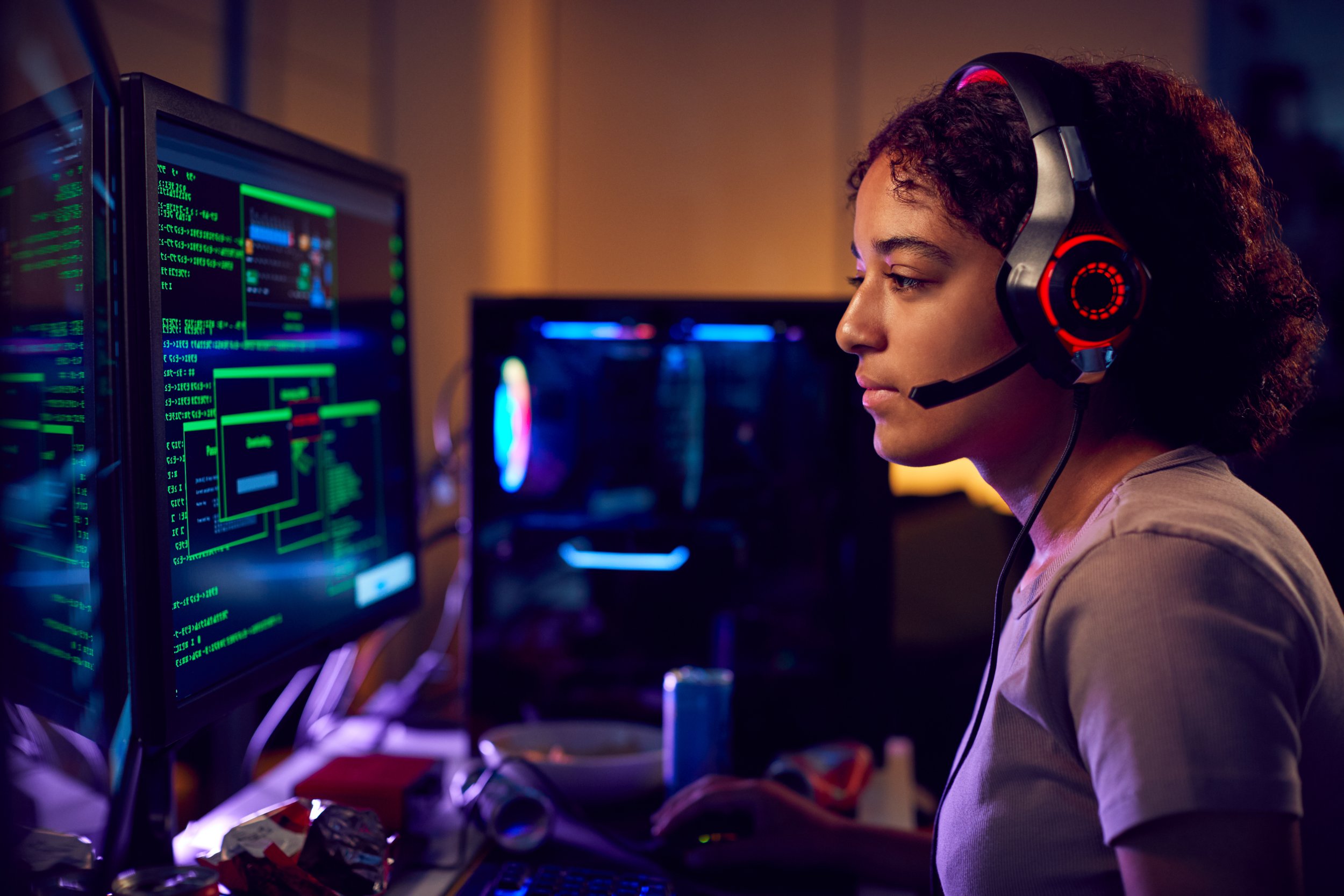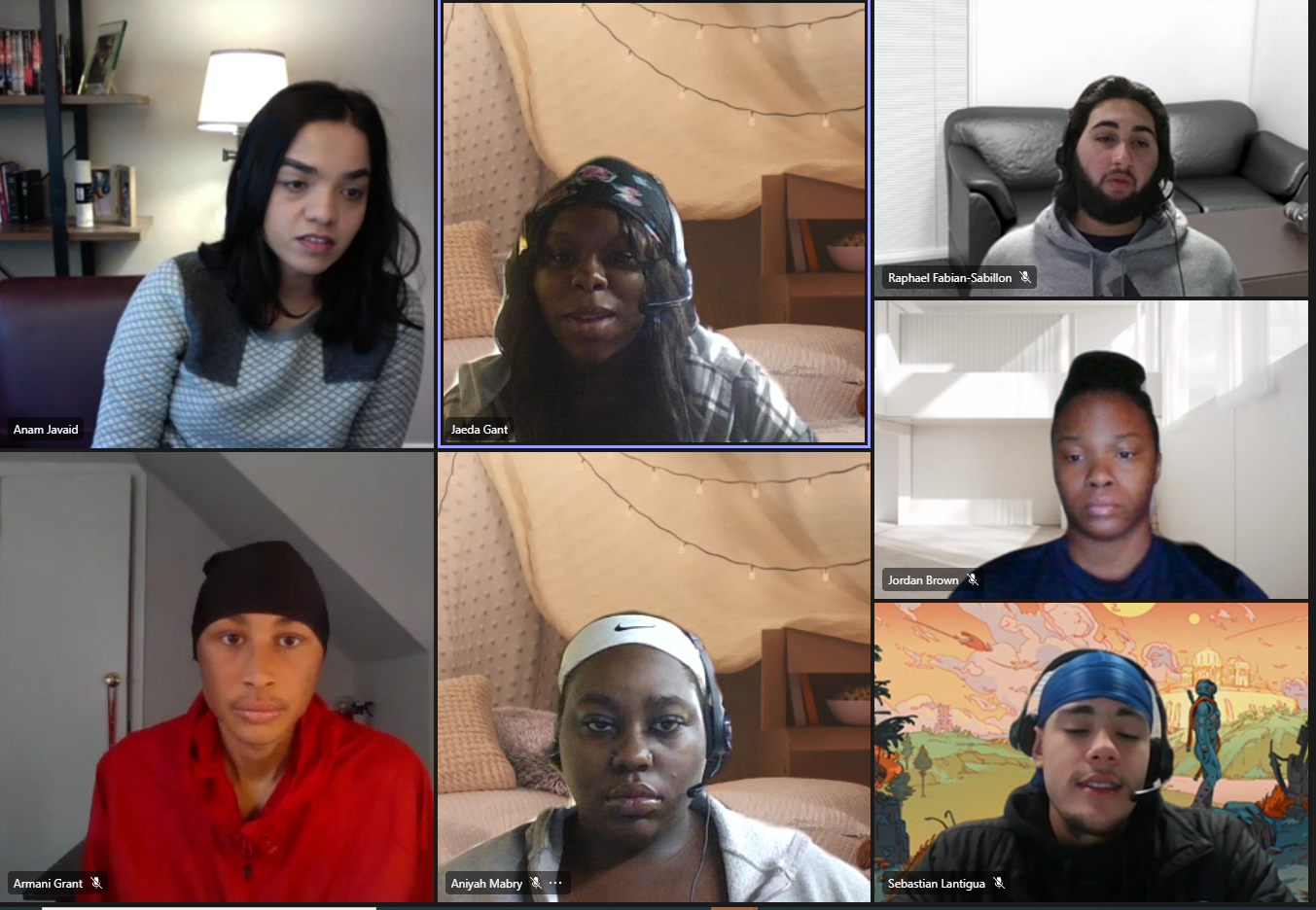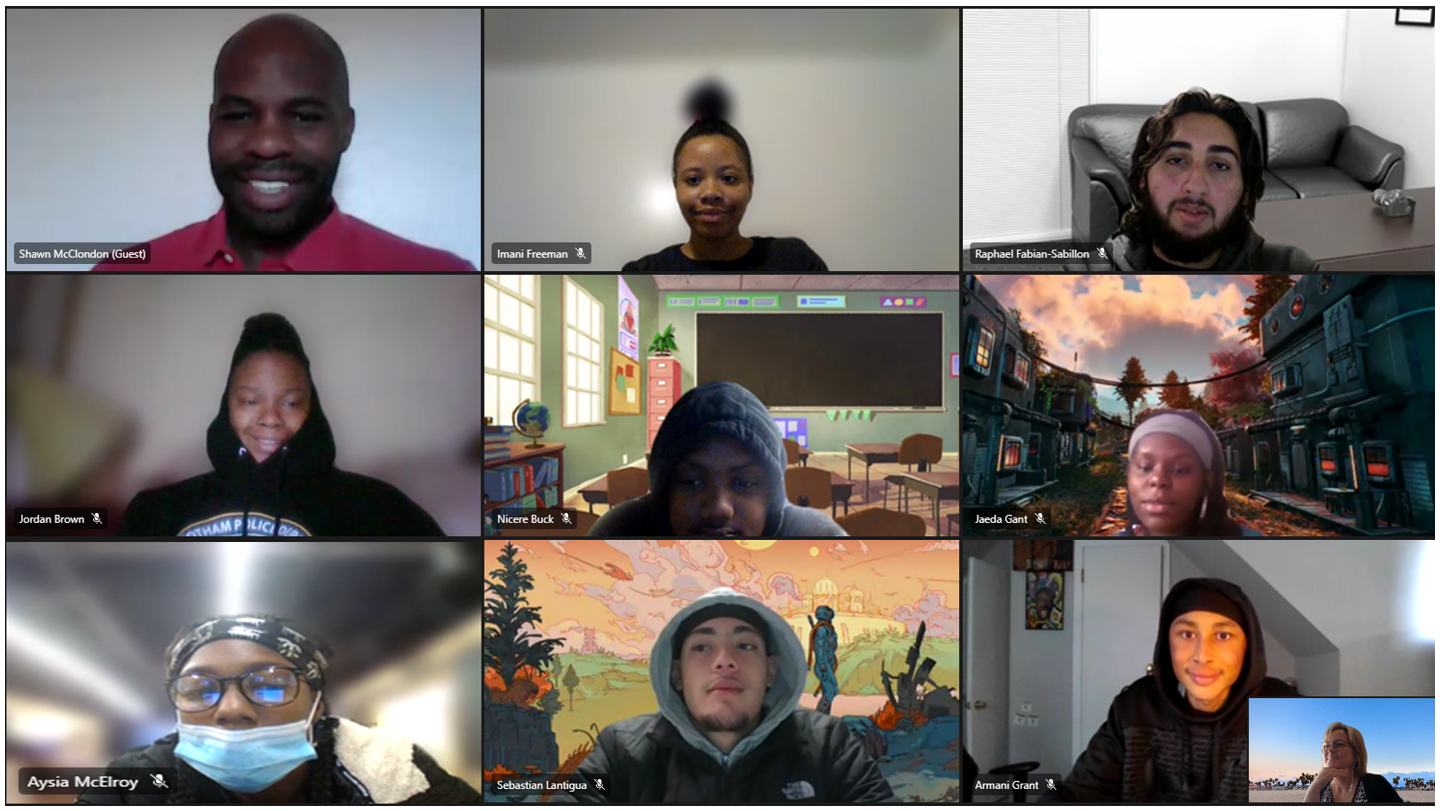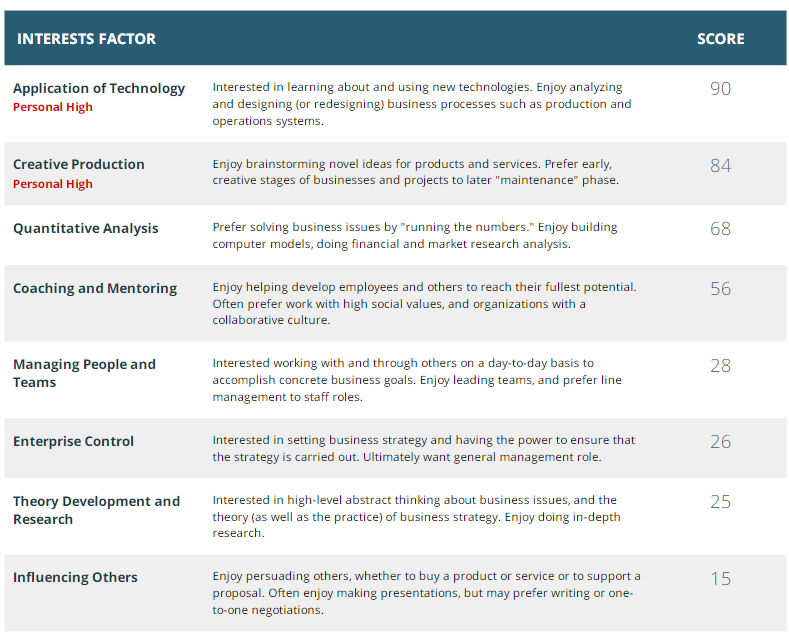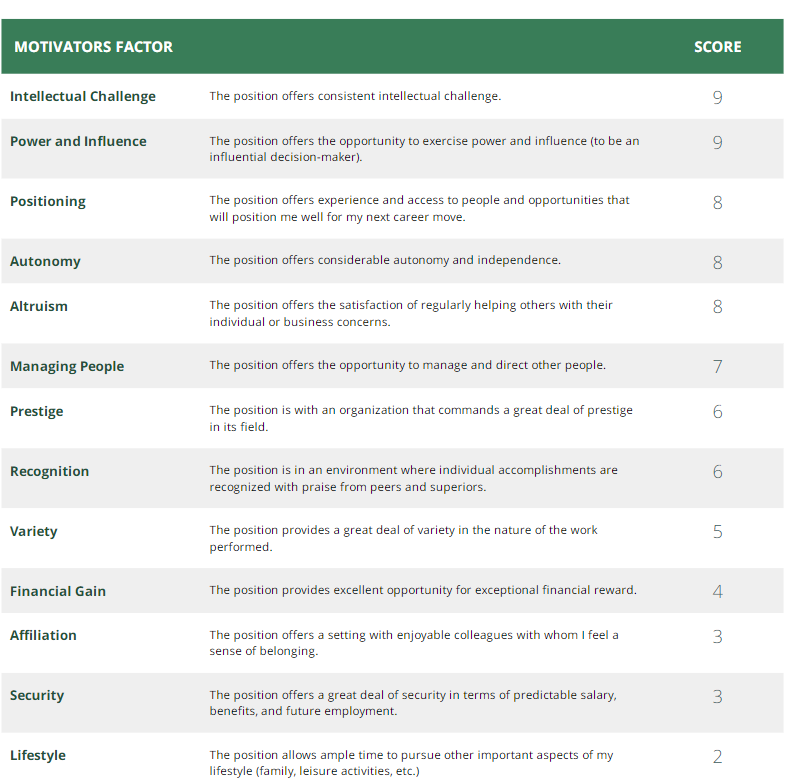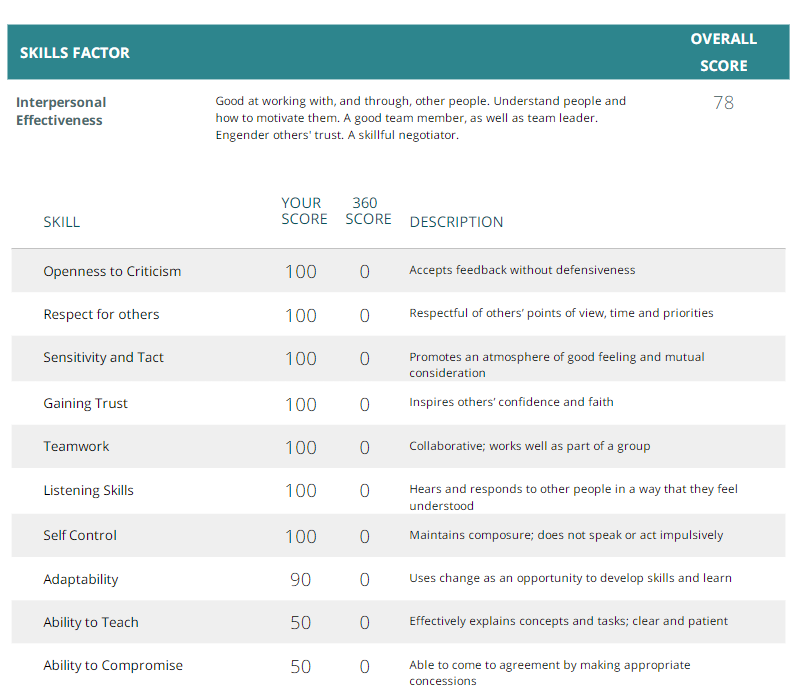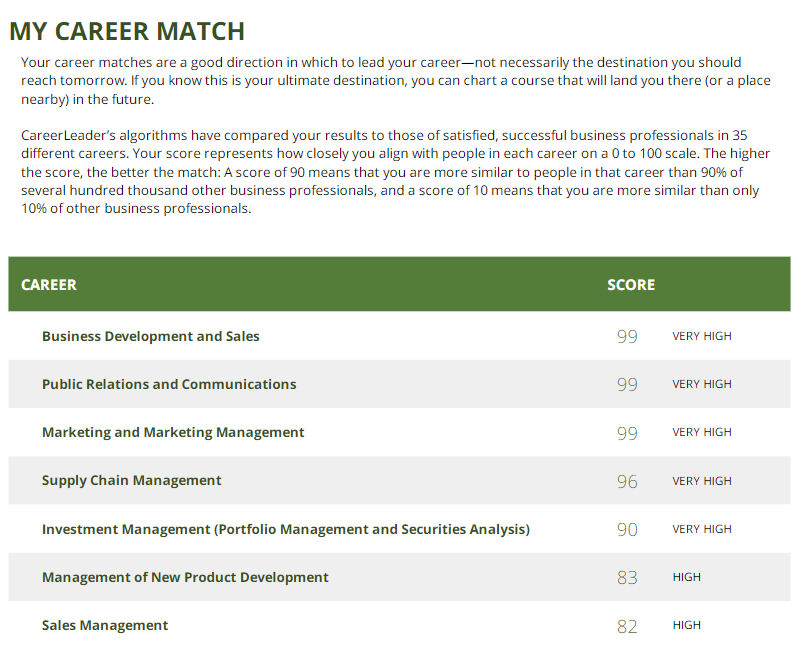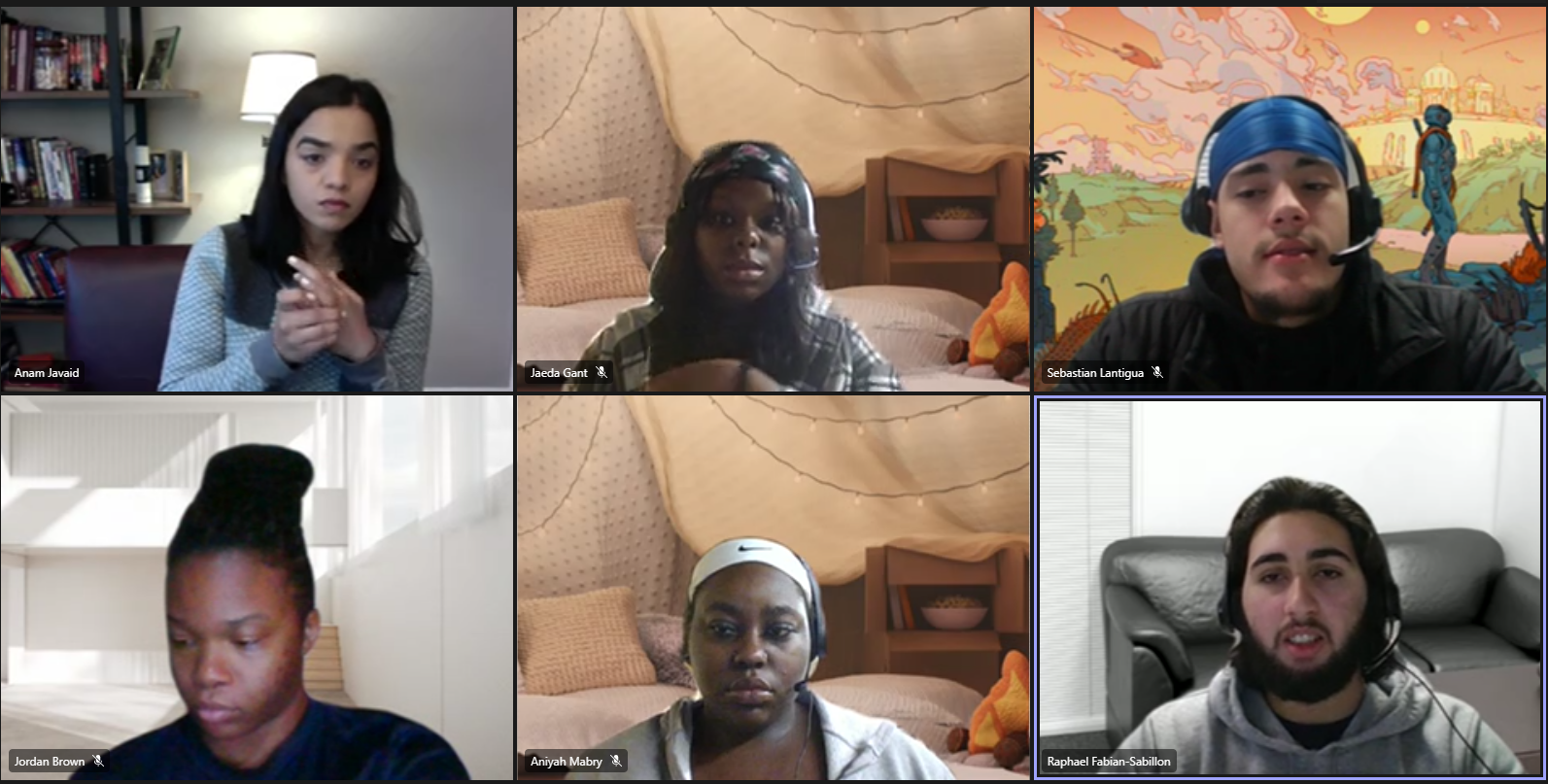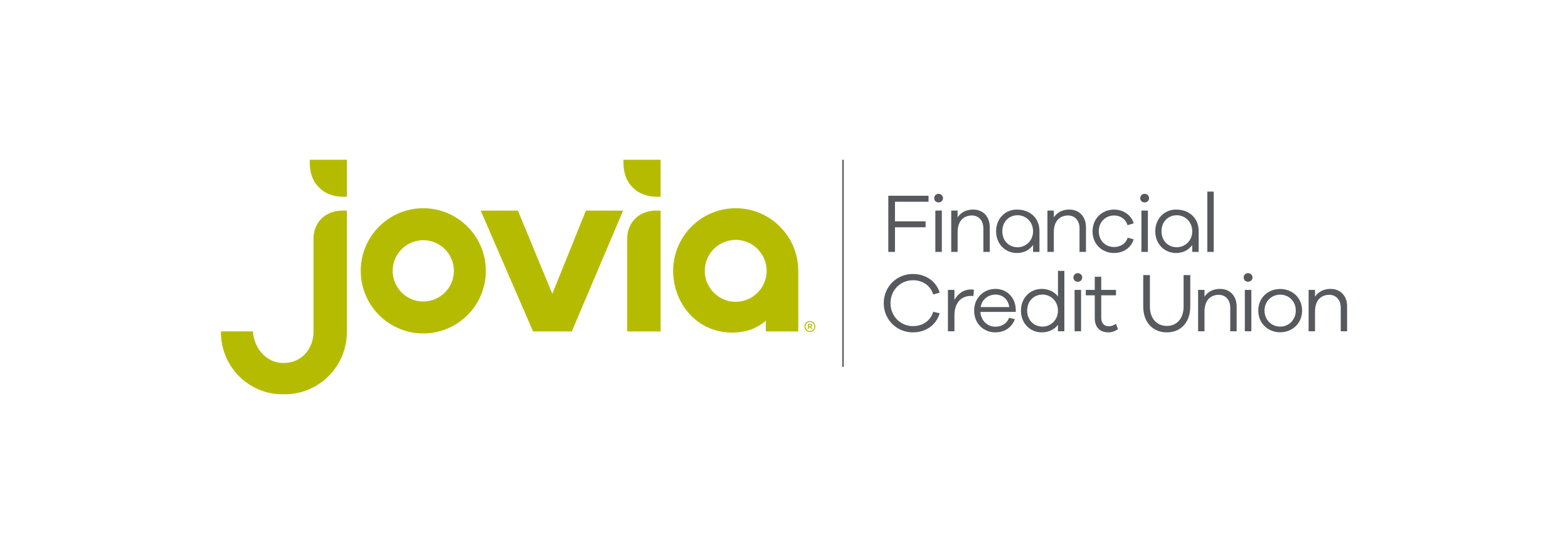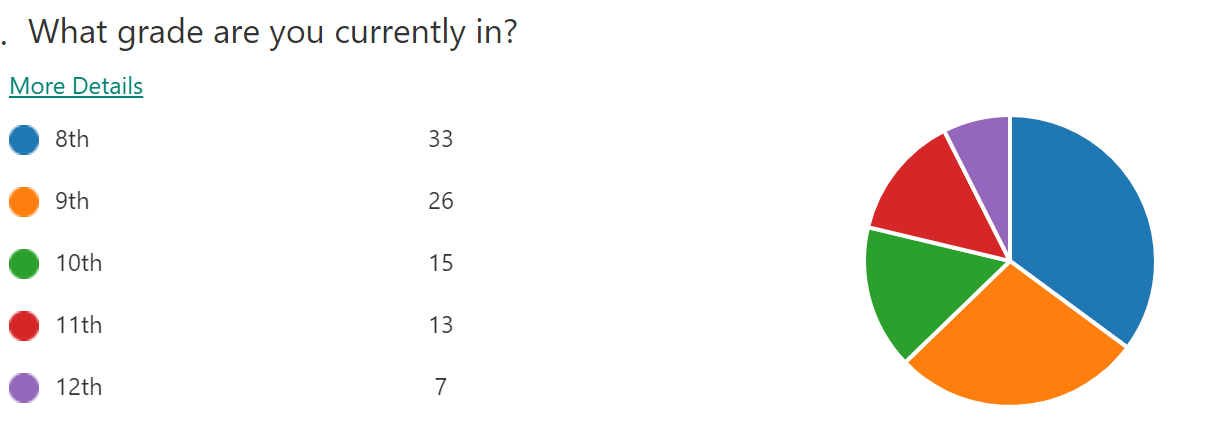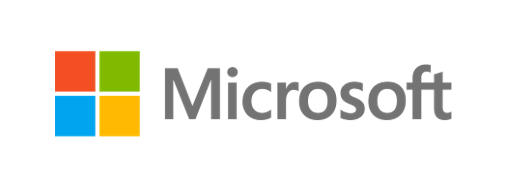We are in the final phases of our application process for our March 2020 cohort to begin with over 50 applications for scholarships, we will not be able to provide every candidate the opportunity to participate, however we are looking at other funding sources including providing options to pay after employment for participants not selected for scholarships.
AWS Academy:
In the spring of 2019 we engaged with Amazon to become a AWS Academy, offering accredited AWS courses as a part of our programs. This was a major investment in building staff capacity and a marketing and sales process to drive demand. Almost a year later our instructors our accredited and we have integrated the AWS Cloud Practitioner certification into our SE Bootcamp program. This spring we will begin delivering both in person and live remote sessions. We have a number of colleges and universities working with us to offer AWS programs in blended or stacked courses to enable students to gain not only a degree, but an industry certification as well.
Real-world Experience:
Sometimes experiments lead you to new opportunities and unexpected results, results that turn out to be way more amazing than you had planned. After 7 years and numerous requests by our Community Ambassador students we took on a project to redesign our website, and implement Salesforce to track our program registrations and funding sources. With a goal to better manage program engagements for those participating in our programs, and who is supporting us through donations, as well as manage our grant processes more efficiently. This would lay the ground work to enable scale operationally with limited resources. A new look for the public and new backend data would require resources and funding to support the efforts. With neither available we thought through a concept idea using Volunteer Match, the platform we leverage to seek volunteers for our programs. With our upcoming SE Bootcamp we needed to be able to design a model where our participants could work on projects for nonprofits and small startups to help the organizations and help the participants build real-world project experience and portfolios to gain employment.
"Volunteering for WCTD helped me in numerous ways. My recruiter and hiring manager were impressed that after learning I kept myself engaged by implementing my knowledge in real time projects through volunteering at WCTD. Personally, I felt it gave me enough confidence to face the interviews and gave me a sense of accomplishment, resulting in obtaining a job. Thank you WCTD for giving me the opportunity to demonstrate my skills while giving back." - Swati - Software Engineer
With a team of volunteers, we shaped the roles we would need as well as a brief description of the skills required to participate. Next we created the volunteer posts on Volunteer Match and socialized them through our social media outlets. Within an hour of posting the opportunity we begin to get requests to participate. Some people wanted to help because they had years of experience and were seeking an opportunity to give back, but the majority of volunteers wanted the opportunity to build their capacity to gain employment. This was the insight that we had already known was an issue, but for the first time it was being shared in these requests in a way we had never imagined.
The projects have been ongoing for the past few months and the concept has more than proven its success in supporting those in need of real-world application of their skills, and providing an opportunity to create teaching moments on a project that can support people to gain employment. This experiment will now evolve into our Bootcamp as we engage with nonprofit organizations and small startups to help create a win, win, win scenario for our students, companies, and our organization.
After school Coding Program:
Our enrollment for our afterschool coding program is beginning to build momentum, which is exciting as it builds funding sources to support our facility costs. Our challenge is ensuring we have a diverse population of students participating in the program. To be successful in offering scholarships for the coding programs we need to increase our paid student ratio to support our ability to offer scholarships, but it is not the complete solution. We tried to offer scholarships to students in underrepresented communities on Long Island in our fall 2019 session, however they could not get to our facility to participate. Transportation is a big challenge; students want to participate but getting to us is a huge hurdle. Our goal for 2020 is to find creative partnerships that will either fund the costs or provide the transportation services as a donation or at a reduced cost. Transportation is an inhibitor for students seeking the opportunity to be a part of our learning programs. 2020 will be the year to address this issue and to remove the barrier and enable us to create a broader impact.
Building Computer Science Capacity in Schools:
2019 was an incredible year of growth and rebuilding, but in order to create real positive systemic change we need to address the real challenge our education system is facing. We are currently experiencing over 300,000 job shortfall in public education. The costs of a significant teacher employment gap are high, and consequences measurable, including changes to curricula and our ability to teach computer science in schools. The rate of growth in industries requiring higher level thinking skills is outpacing our ability to fill the demand. Traditional learning programs have not evolved to support the diverse learning needs of today's society. With over 26,000 high schools in the US, less than 50 % teach computer science. We plan to create a big dent in that number, starting this summer with our Computer Science Teacher Certification Bootcamp. This professional development program aligns with the NYS Computer Science Certificate Coursework Guidance, and as a NYS CTLE provide Nebula Academy will be providing a certification for educators who complete the full four week program.


